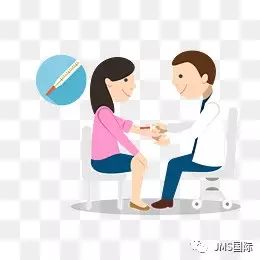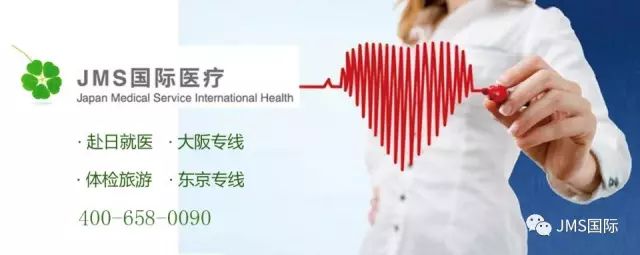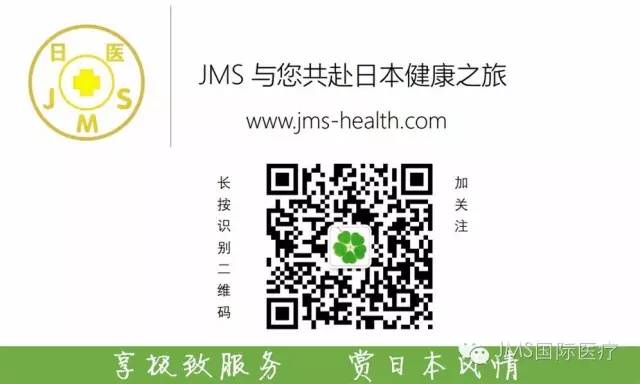Many people struggle to clearly describe their symptoms during a doctor’s visit or feel unsure about what to say, often waiting for the doctor to ask questions. This can waste valuable time during the consultation. For modern individuals, time is money, and being prepared to answer the doctor’s questions can maximize the efficiency of the visit. This type of consultation, referred to as a “medical interview,” emphasizes the importance of effective communication from the patient. It is beneficial to make some notes beforehand.

1The consultation is a crucial communication between the doctor and the patient.
We typically refer to the face-to-face dialogue in the consultation room as “问诊 (wènzhěn)” (inquiry). Recently, the concept of “医疗面试 (yīliáo miànshì)” (medical interview) has gained more attention. This term refers to the equal exchange of information between the doctor and the patient. However, many patients still feel inexplicably nervous in front of the doctor and are unsure of what to say. How can we make the most of the limited consultation time? Let’s explore some tips!
First, it is essential not to hide or “lie” about your symptoms! Additionally, do not hesitate to share your concerns with the doctor. Sometimes patients think, “Although I care a lot, I feel it’s hard to express myself,” and they may fear that their words will be misunderstood. Such thoughts can delay treatment. Therefore, it is crucial to maintain an attitude of asking about any concerns you have.

2The four key things doctors want to know during a consultation

If the patient only shares what they want to say without addressing the doctor’s inquiries, it will not improve the efficiency of the consultation. Preparing answers to the key questions the doctor wants to know can effectively utilize the consultation time and achieve better treatment outcomes. The main things doctors want to know during a consultation include:
1. Main Symptoms
When describing your symptoms, focus on the key issues that prompted you to seek medical attention. For example, if you are feeling unwell due to insomnia, coughing, and headaches, the most troubling issue is insomnia, which should be clearly communicated to the doctor.
2. Current Medical History
It is important to inform the doctor when the symptoms appeared, what caused them, and any events that may have contributed to the symptoms. Besides the main symptoms, any new symptoms that have developed should also be communicated. It is necessary to inform the doctor about any medications taken, visits to other medical institutions, or any folk remedies used, as this information is crucial for treatment.
3. Past Medical History
Provide a comprehensive account of your medical history and health status. Note that some childhood illnesses can be significant. Additionally, inform the doctor about any blood transfusions, vaccinations, smoking or drinking habits, commonly used medications (including supplements), and women’s menstrual, pregnancy, childbirth, and abortion history.
4. Family Medical History
In addition to hereditary diseases, it is important to discuss diseases that may be more likely due to personal constitution or lifestyle habits, as well as diseases that family members are prone to. Focus on the patient’s parents, children, grandparents, and spouse when discussing family medical history.
Furthermore, the patient’s living environment, occupation, daily habits, stress levels, pet ownership, and travel history may also be relevant to their condition and should be considered.
3Clearly and thoroughly explain your current medical history to the doctor

When discussing your current medical history, it is important to be as clear and detailed as possible. We recommend that patients take some notes before their appointment.
・Which body parts have symptoms?・What are the symptoms like? (Nature and intensity of symptoms such as pain, cough, rash, tightness, etc.)
・When did the symptoms start? (For example: suddenly occurred 2 hours ago; mild symptoms started last Wednesday evening; recurring monthly, etc.)
・What changes have occurred? (Duration of symptoms, triggers for symptoms, reasons for symptom relief, reasons for symptom exacerbation, how symptoms have changed over time, etc.)
・What symptoms are causing distress? (For example, sneezing or coughing during public speaking or work.)
4Remember to bring a record of your past medical history and family medical history!
During the consultation, information about past medical history and family medical history is crucial for the doctor’s assessment. It is even better if you have kept records of your health check results and a list of medications used. Depending on personal circumstances, sometimes not only the patient but also family members need to hear the doctor’s advice. It is important for both children and adult patients to share health information with their families.


Want to learn more about medical information in Japan?
Please follow us!
↓



